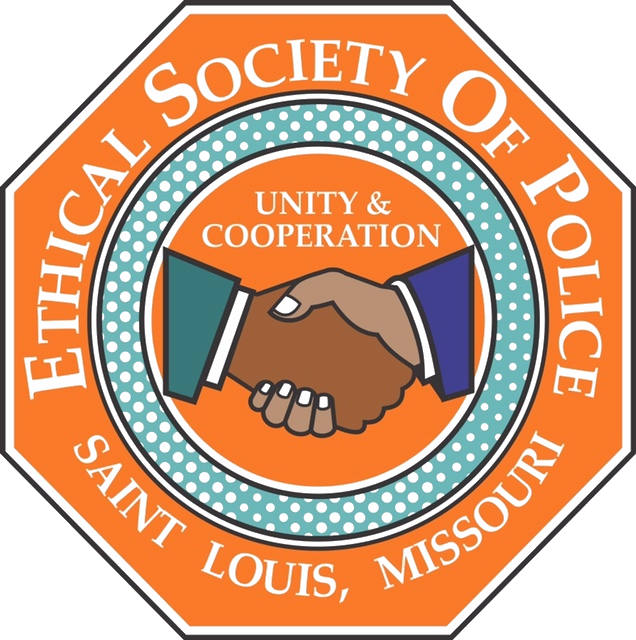ST. LOUIS — Luther Hall Jr. was born in St. Louis. This is where he found the job that he loved — being a police officer. But after being beaten and permanently injured by fellow officers in 2017, and comparing the consequences to those officers and himself, he says he now has to leave. “I’m just kind of … done with St. Louis,” he said in a wide-ranging and emotional interview with the Post-Dispatch and KMOV Wednesday. “I need to go.”
Voice breaking, Hall, 55, struggled with his emotions when he talked about joining the force, the attack, racist texts by a fellow officer, lack of support by the department and officers he thought were his friends, and the effects on his body and his mind.
Hall’s story is backed by charging documents plus evidence and testimony in two federal trials of his attackers. He has never spoken previously outside of court, declining multiple interview requests in the years since the attack.
Working undercover
Hall and his partner, Louis Naes, were working undercover on Sept. 17, 2017, during one of a series of anti-police violence protests when he encountered Civil Disobedience Team officers at the intersection of 14th and Olive streets downtown.
Hall had been live-streaming the protest with his cellphone, to help other officers identify vandals and pull them out of the crowd, and to let commanders know where he was. He wouldn’t learn until later that no officers were watching. It was one of a series of upsets or betrayals that he says he suffered on and since that night.
Hall was planning to return to headquarters to download videos and photos. But when he saw uniformed officers, he put his hands up. Federal prosecutors have said officers mistook Hall for a protester and detained and arrested him without legal cause. They also said at least two officers had expressed an eagerness to assault protesters.
As Hall was following an officer’s order to get on the ground, he was picked up and slammed down face-first, twice.
“And then I just started feeling, I could feel, like, people just punching and kicking and striking me as I was laying on the ground,” Hall recalled.
“When it was happening, it seemed like it (lasted) forever,” he said, acknowledging that the beating probably went on for a minute or two.
Hall said he did not fight or pull away and did not break his cover, in hopes that he could continue to work undercover during protests. He didn’t recognize his attackers and they didn’t recognize him.
Hall said after the attack, he knew he was hurt. He didn’t know how badly. His face felt warm. His back and neck hurt and he couldn’t get comfortable sitting on the curb, his wrists in zip ties.
Eventually a sergeant recognized Hall and took him to the Real Time Crime Center at police headquarters, where he briefed supervisors about the attack while blood dripped from his face.
“These guys kicked my ass,” Hall recalls telling bosses. He also told them right away, “these were city policemen,” Hall said.
The commander of the intelligence division moved him out of the crime center, perhaps because he didn’t want others hearing about the attack. Hall also thinks supervisors were wrestling with the dual questions of how to get Hall medical attention and how the department was going to deal with an assault by officers.
Hall said his emotions were everywhere. “I was angry. I was definitely stunned. I mean I couldn’t believe that that happened. I was disappointed in the agency I worked for,” he said, voice breaking again, “that we would just treat someone who was standing there — I mean there was no reason for that type of arrest.”
Hall said he was not questioned about the details of the attack. After receiving medical treatment, he went home and slept. A week or so later, Hall said a commander called to ask what he wanted to do about the attack. Hall said he didn’t know. He was still processing it and seeing doctors.
